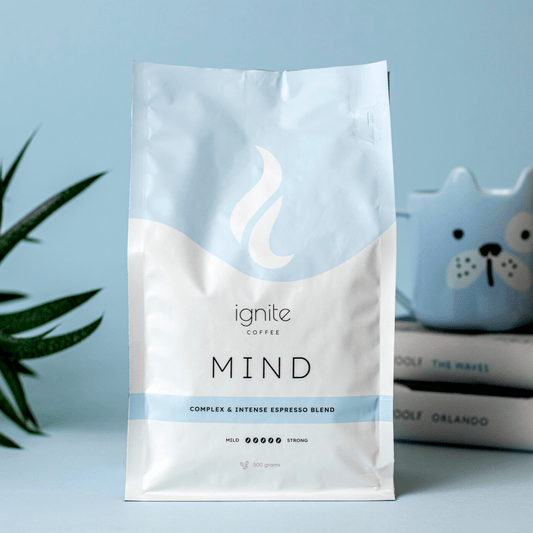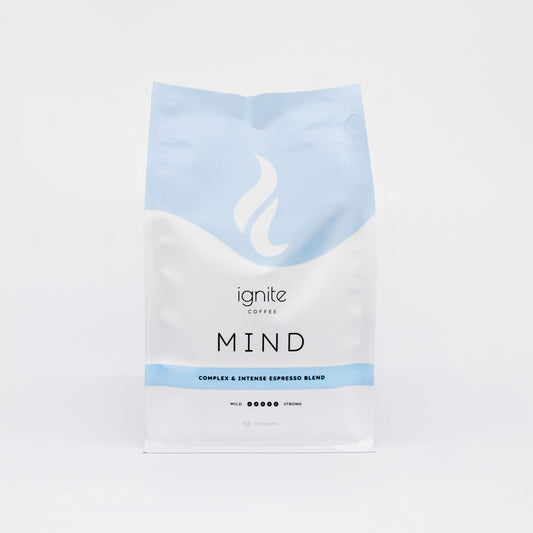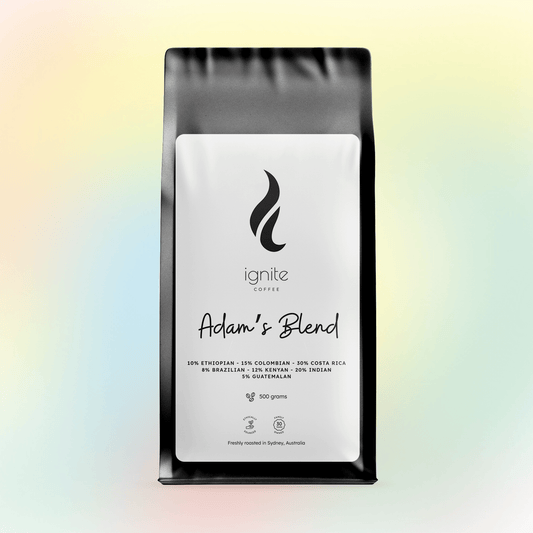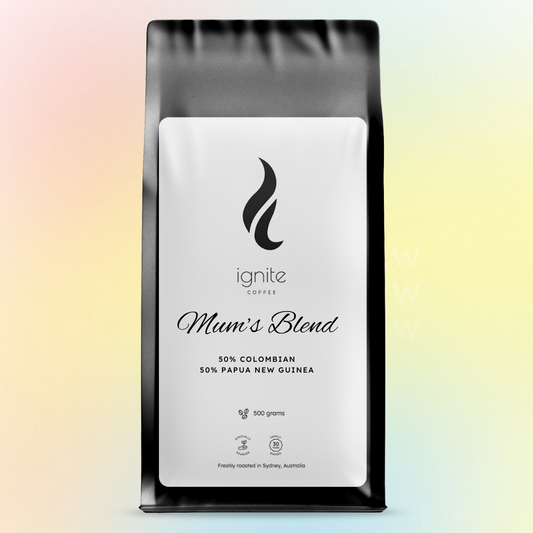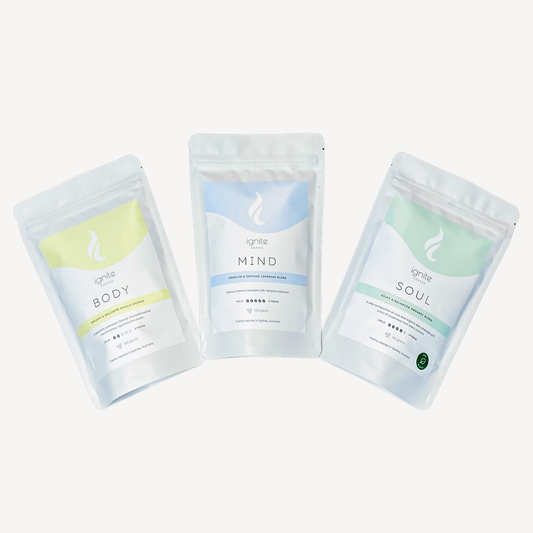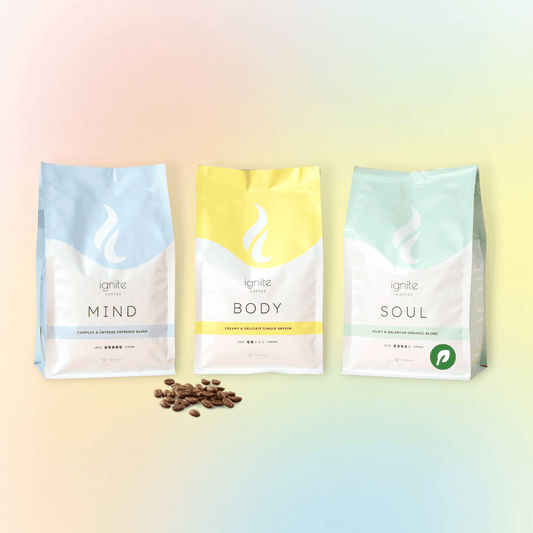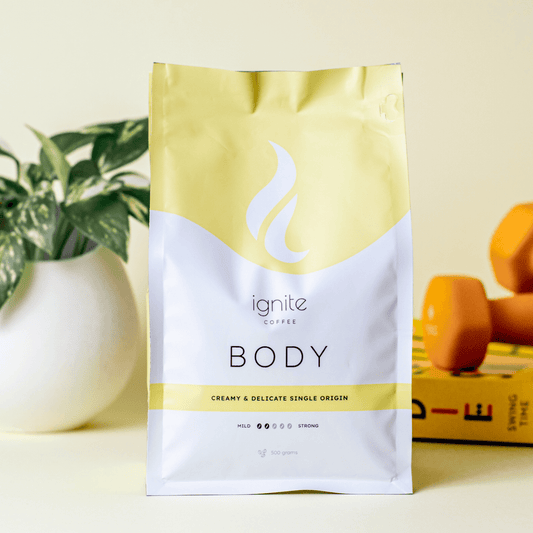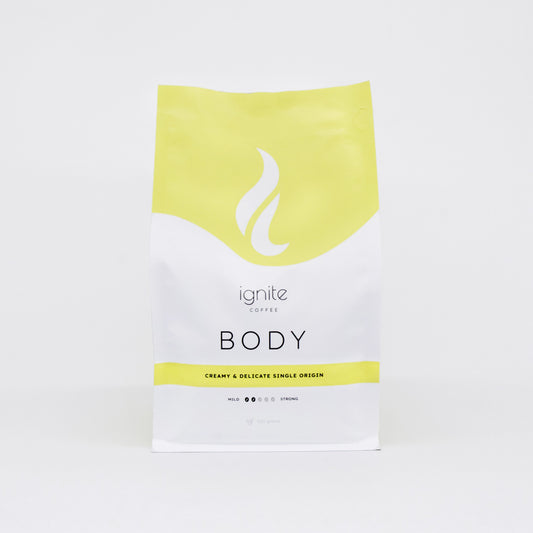Coffee has been an integral part of our daily lives for centuries, captivating the taste buds of millions worldwide.
As coffee enthusiasts, we often find ourselves pondering a myriad of questions about our beloved beverage. In this blog post, we delve into the 20 most common questions sourced from coffee enthusiasts across the web to unravel the mysteries of the coffee world.
Is coffee good for you?
- The consensus among experts is that moderate coffee consumption has several health benefits. Rich in antioxidants, coffee has been linked to a reduced risk of certain diseases, including Parkinson's and Alzheimer's
- While personal preferences vary, the optimal temperature for brewing coffee is between 65-70'C. However, ordering an extra hot scalding coffee may hinder the flavour profile, as it can burn the beans and extract undesirable compounds.
- Caffeine is a natural stimulant found in coffee beans. It stimulates the central nervous system, enhancing alertness and temporarily warding off drowsiness.
- Coffee beans have a shelf life, and their flavour degrades over time. Storing coffee in a cool, dark place in an airtight container can help maintain freshness. (For this reason, we roast each order freshly and send directly to you).
- The standard Single Espresso shot should be 7-9 grams while a double shot should be 16-20 grams. with a 2 to 1 ratio input /output
- While coffee is mildly diuretic, the hydrating effect of its water content outweighs the minimal dehydrating impact of caffeine.
- Coffee itself is vegan, but certain additives like milk or creamers may not be. Plant-based alternatives are popular choices among vegan coffee lovers.
- Brazil is the world's largest coffee producer, contributing significantly to the global coffee market.
- Regular consumption of caffeine can lead to dependency, but moderate intake is generally considered safe for most people.
- Freezing coffee can extend its shelf life without compromising flavor. Store it in airtight containers to prevent freezer burn.
- Contrary to popular belief, darker roasts have slightly less caffeine than lighter roasts. The longer roasting process reduces caffeine content.
- Yes, espresso is a concentrated coffee brewed by forcing hot water through finely-ground coffee. It has a distinct flavour and higher caffeine concentration than regular coffee.
- "Strongest" can refer to either caffeine content or flavor. Robusta beans typically have more caffeine, but the perception of strength varies among individuals.
- Roasting influences the flavour, aroma, and colour of coffee. Lighter roasts preserve more of the bean's original characteristics, while darker roasts offer a bolder taste with roasted undertones.
- The type of coffee bean, roasting level, grind size, and brewing method all influence caffeine content. Robusta beans generally contain more caffeine than Arabica beans.
What is Fair Trade Coffee:
- Fair Trade coffee is a certification and movement aimed at ensuring fair prices and ethical practices for coffee farmers. Key aspects include:
Our coffee is Fair Trade sourced.
What are the best Alternative Milks for Coffee:
- Oat Milk: Known for its creamy texture and slightly sweet flavor, oat milk has become a popular choice, creating a smooth and frothy consistency in coffee.
- Almond Milk: Almond milk is widely available and offers a nutty flavor that complements coffee. It's low in calories and can be a good option for those with lactose intolerance.
- Soy Milk: Soy milk has a neutral taste and a creamy texture, making it a versatile choice for coffee. It's a good source of protein and is suitable for vegans.
- Coconut Milk: Coconut milk adds a rich, tropical flavor to coffee. It's often chosen for its unique taste and can enhance the overall coffee experience.
What are the Cost Factors of Coffee?
- Quality of Beans: High-quality Arabica beans or specialty blends often come at a premium due to their unique flavors, meticulous cultivation, and careful harvesting.
- Labor-Intensive Cultivation: Coffee cultivation requires manual labor, from planting and harvesting to processing. Labor costs significantly impact the overall price.
- Climate Sensitivity: Coffee plants are sensitive to climate changes. Unpredictable weather patterns, pests, and diseases can affect crop yields, leading to fluctuations in prices.
- Fair Trade and Sustainable Practices: Coffee produced under fair trade and sustainable practices may have higher production costs, but consumers pay a premium for ethically sourced and environmentally friendly products.
- Supply Chain Complexity: The journey from coffee farms to your cup involves multiple intermediaries, each adding to the cost. Factors like transportation, roasting, and packaging contribute to the final price.
- Specialty Coffee Trends: The growing popularity of specialty coffees, unique brewing methods, and artisanal roasting contribute to higher costs as consumers seek distinct and premium experiences.
As we conclude our exploration of these common coffee queries, it's evident that coffee is not just a beverage but a cultural phenomenon that has evolved and adapted to the preferences of diverse communities. So, whether you savour your coffee black, with cream, or as a frothy latte, the world of coffee offers a spectrum of possibilities to suit every palate.
Cheers to the beans that bring people together and fuel our daily grind!


